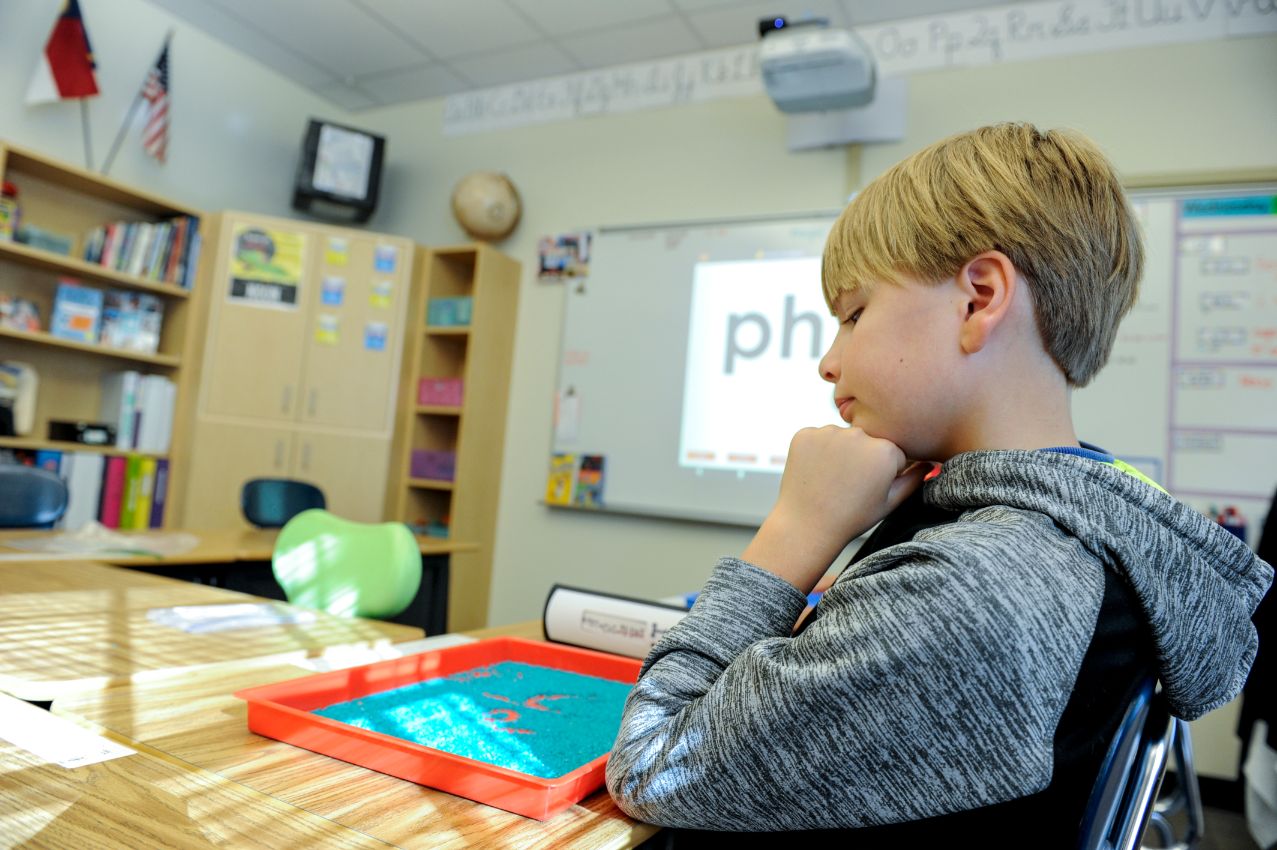Learning Differences: What Are They and The Resources that Provide Support
 Fifteen percent, or one in seven Americans, has a learning difference according to the National Institutes of Health. They relate to the world differently, because they process information differently. They are distinctive thinkers. They are often gifted, yet more than likely face great challenges when measured academically in today’s education system. This is why, in 1982, The Fletcher School was founded to allow students with learning differences to reach their full potential -- both in learning, and in life.
Fifteen percent, or one in seven Americans, has a learning difference according to the National Institutes of Health. They relate to the world differently, because they process information differently. They are distinctive thinkers. They are often gifted, yet more than likely face great challenges when measured academically in today’s education system. This is why, in 1982, The Fletcher School was founded to allow students with learning differences to reach their full potential -- both in learning, and in life.
What Is a Learning Difference?
You’ve probably heard the term Learning Disability or LD when the topic of a student’s learning challenge arises. Specific Learning Disability (SLD) is the legal diagnostic term for what we (and many others) like to refer to as a learning difference, because really, the term ‘disability’ is a mischaracterization of the word if the student receives the appropriate support.
These students learn differently because they think differently. It actually comes down to the neurological ‘wiring’ of their brain. This often represents itself as a disability due to an apparent ability/achievement gap. Students with SLD are average or above average in intelligence (by definition, there is no impairment in cognitive function for a SLD to be diagnosed), however, academic performance suffers because they need different or several modalities through which to learn in order for the information to “stick”.
What Teaching Approach Best Supports Students with Learning Differences?
At The Fletcher School, our bright, talented, and often gifted students learn in small, structured classes with a 6:1 student-to-teacher ratio. Our teachers are well-trained in the Orton-GIllingham (OG) approach which ensures individual and prescriptive learning plans are developed for each student based on their unique learning style. OG has been proven especially effective for children with learning differences since the methodology utilizes phonetics and multisensory teaching methods which cater to visual, auditory, and kinesthetic learning styles, allowing students to use many different parts of the brain.
This approach is unique in that it is both prescriptive and systematic -- it’s about figuring out where the child fits in the learning sequence. It’s literally based on a child’s unique needs. Through this approach, educators are able to capitalize on an individual student’s dominant learning modality while delivering instruction that will strengthen the remaining learning pathways.
How Can Parents and Teachers Best Support Their Child’s Learning?
Early identification is key. Signs your student might have a learning difference include:
Challenges with pre-academic skills
-
Does not hear or generate rhyming words
-
Struggles to recall letter sounds
-
Has difficulty manipulating sounds within words (e.g. mop vs. top)
-
Has difficulty with directional terms (front/back, over/under, up/down)
Challenges with language
-
Difficulty organizing thoughts to express an idea
-
Difficulty following oral directions (not understand what they are told)
-
Does not comprehend stories read to them
Additionally, keep an eye out for challenges with fine/gross motor skills, visual motor skills, working memory, executive functioning, and processing speed.
What’s the Best Course of Action to Take if You See Signs of a Learning Difference?
Start with your pediatrician and/or your students’ classroom teacher or school counselor. A PsychEd may be recommended, which will tell you if your student has a SLD.
If this is the case, the next step is to understand how your student learns. This will allow you to recognize and acknowledge their strengths. There are several informational websites where you can start, such as understood.org.
If you want a more hands-on, in-depth look at your students’ specific learning style, The Fletcher School offers community workshops through The Rankin Institute. General workshops, such as LD Simulations, as well as workshops focused on one particular type of SLD are offered throughout the year. Click here to view our 2019-2020 programs!
